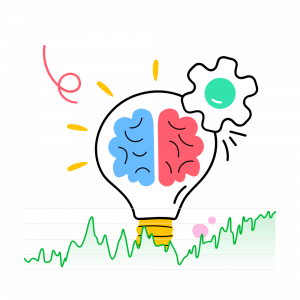Home / FOREX BROKERS / TRAINING AND INFORMATION IN FOREX

Training and Information in Forex:
Your Ultimate Guide to Mastering the Market
The world of Forex trading can seem overwhelming, especially for newcomers. The fast-paced nature of currency markets, combined with the sheer volume of available information, can leave traders uncertain about where to start. That’s why training and information are key to becoming a successful Forex trader.
Whether you’re just starting out or looking to refine your skills, this guide will provide you with a comprehensive overview of the resources available for Forex training, the importance of acquiring the right knowledge, and tips on where to find reliable information.
Why Is Training Important in Forex Trading?
Forex trading is one of the most liquid and volatile markets in the world, making it a potentially lucrative venture. However, without proper training and knowledge, traders can easily fall victim to market volatility and risk substantial financial loss. Here’s why training is crucial for success:
- Knowledge of Market Mechanics: Forex markets are influenced by various factors, including economic indicators, geopolitical events, and market sentiment. Understanding how these factors affect currency prices can help you make informed decisions.
- Risk Management: Without proper training, many traders dive into Forex with little to no risk management strategy, which can lead to significant losses. Learning to manage risk effectively is a critical part of becoming a profitable trader.
- Strategy Development: Forex trading isn’t about luck; it’s about following a structured plan. Learning how to develop and implement trading strategies is essential for long-term success.
Statistic: According to a 2023 survey by Forex Industry News, over 80% of new traders fail due to a lack of proper training and understanding of risk management principles.
Key Resources for Forex Training
Training in Forex trading can come in many forms, from online courses and books to live webinars and demo trading accounts.
Here’s a breakdown of the most common and effective training resources available:
1. Online Forex Courses
There are hundreds of online platforms offering structured Forex trading courses. These courses are designed to take you from beginner to advanced level, providing you with the knowledge and skills to trade profitably.
The most popular platforms include:
- Babypips: Known for its School of Pipsology, Babypips offers free courses that cover the basics of Forex trading, risk management, technical and fundamental analysis, and more.
- Udemy: Udemy offers various Forex trading courses, including beginner courses and more specialized topics such as Forex strategy development and algorithmic trading.
- Forex Academy: Forex Academy provides free and paid courses, along with a range of webinars and live trading sessions that help learners apply what they’ve learned.
2. Books and E-books
Books are a great way to gain deeper knowledge about Forex trading. Many successful traders and financial experts have written books that serve as comprehensive guides to Forex markets. Popular books include:
- “Trading for a Living” by Dr. Alexander Elder: This classic book is widely regarded as a must-read for any serious trader. It covers technical analysis, psychology, and risk management.
- “Currency Trading for Dummies” by Brian Dolan: A beginner-friendly guide that covers everything from the basics of Forex trading to advanced strategies.
- “The Little Book of Currency Trading” by Kathy Lien: Focuses on developing a clear and concise trading strategy for both beginners and experienced traders.
3. Webinars and Live Trading Sessions
Many Forex brokers and educational platforms offer live webinars where you can learn in real time. These sessions often feature expert traders who share strategies, market analysis, and insights into current market conditions.
- FXStreet Webinars: FXStreet hosts regular live webinars with professional traders, where they cover technical analysis, trading setups, and Forex market updates.
- TradingView: TradingView not only offers charting tools but also hosts live trading sessions with professional traders.
- Broker Webinars: Many brokers, like IG Group and CMC Markets, offer free webinars to educate their clients on Forex trading strategies and techniques.
4. Demo Accounts for Practice
Opening a demo account with a Forex broker is one of the best ways to practice and refine your trading skills without risking real money.
Demo accounts simulate real market conditions, allowing you to test different strategies and familiarize yourself with trading platforms before moving to live trading.
- MetaTrader 4/5: These platforms are the most widely used in Forex trading, offering demo accounts where you can practice trading with virtual money.
- eToro: eToro’s demo account is a great option for beginners. It provides virtual funds to trade with, allowing you to learn at your own pace.
Understanding Forex Information and Market Analysis
Once you have the basics down, the next step in Forex training is understanding how to analyze the market. Forex trading isn’t just about executing trades – it’s about gathering information, analyzing market conditions, and making informed decisions.
Below, we’ll look at the two main types of market analysis: technical analysis and fundamental analysis.
1. Technical Analysis
Technical analysis involves analyzing past price movements and volume data to forecast future market trends. It’s based on the idea that historical price movements repeat themselves, so by studying past data, you can identify patterns that suggest where prices might go.
- Indicators and Tools: Technical traders use various indicators like moving averages, Relative Strength Index (RSI), MACD (Moving Average Convergence Divergence), and Bollinger Bands to analyze price data.
- Chart Patterns: Traders look for patterns such as head and shoulders, double tops and bottoms, and candlestick patterns to predict potential market movements.
Fact: According to a 2023 survey by Forex Traders Association, about 75% of professional Forex traders rely primarily on technical analysis to make their trading decisions.
2. Fundamental Analysis
Fundamental analysis involves analyzing economic, financial, and geopolitical factors that influence the value of a currency. Key factors include:
- Interest Rates: Central banks’ interest rate decisions directly impact the value of a currency.
- Economic Indicators: Reports such as GDP, inflation, and unemployment figures can significantly affect currency prices.
- Geopolitical Events: Political stability, elections, and international conflicts often influence currency values.
Statistic: A study by MarketWatch found that Forex traders who use both technical and fundamental analysis together have a higher success rate (68%) than those who rely on only one method.
A global brokerage offering low-cost Forex trading and access to a wide variety of global markets for experienced traders.
A leading, highly regulated global broker offering competitive spreads and advanced trading platforms for all experience levels.
A popular social trading platform where users can copy successful traders and engage in a variety of asset classes.
A well-established broker known for low spreads, excellent customer support, and robust trading tools for all traders.
A versatile broker providing a wide range of account options, high leverage, and top-tier educational resources.
An Australian-based broker offering tight spreads and fast execution, ideal for scalpers and active traders.
A globally recognized broker known for low minimum deposits, high leverage, and a range of trading tools and resources.
A well-regulated Forex broker offering advanced tools, high-quality market analysis, and a wide range of account types.
A professional-grade broker with a wide range of markets, providing powerful platforms and in-depth research tools.
A user-friendly CFD trading platform that offers Forex trading with tight spreads and a simple, intuitive interface.
Where to Find Reliable Forex Information
Accessing up-to-date and reliable information is vital in Forex trading. Below are the top sources for getting reliable Forex market data:
1. Forex News Websites
- FXStreet: FXStreet offers real-time news, analysis, and economic calendars, which help traders keep track of market-moving events.
- Investing.com: Known for its comprehensive economic calendar, market analysis, and Forex news coverage.
- Reuters and Bloomberg: These global financial news outlets provide reliable and in-depth coverage of economic reports, central bank decisions, and geopolitical events.
2. Social Trading Platforms
- TradingView: A popular social trading platform where traders share ideas, strategies, and market analysis.
- eToro: eToro offers copy trading, allowing traders to follow and copy the strategies of successful traders.
- Reddit’s Forex Community: A place where traders exchange tips, analysis, and news. Subreddits like r/Forexprovide valuable insights into market trends and trading strategies.
3. Economic Calendars
Forex traders rely on economic calendars to stay updated on key economic releases that can impact currency prices.
Websites like Forex Factory and Investing.com offer comprehensive economic calendars with real-time updates.
Building Your Trading Strategy
To succeed in Forex, you need a structured approach. Here’s a basic outline to help you build your trading strategy:
- Choose Your Trading Style: Decide if you want to day trade, swing trade, or hold longer-term positions.
- Set Your Risk Tolerance: Determine how much of your capital you’re willing to risk on each trade. Typically, risk no more than 1-2% of your account balance per trade.
- Use Proper Money Management: Apply techniques such as setting stop-loss orders, using risk-to-reward ratios, and trading with appropriate leverage.
- Test Your Strategy: Start with a demo account to test your strategy under real market conditions before risking real capital.
Conclusion
Training and gaining access to the right Forex information are the building blocks of successful trading.
By investing in comprehensive courses, using demo accounts, and staying updated with reliable news sources, you can develop the skills and strategies needed to thrive in the Forex market.
Whether you’re just getting started or are looking to refine your trading strategies, understanding the role of technical and fundamental analysis, and building a sound trading strategy will help you achieve long-term success.

Author,
leading expert at FBX
Robert has been working in financial market valuation and analysis since 2008.
Years of experience and deep immersion in the topic give us every reason to trust his expertise.












